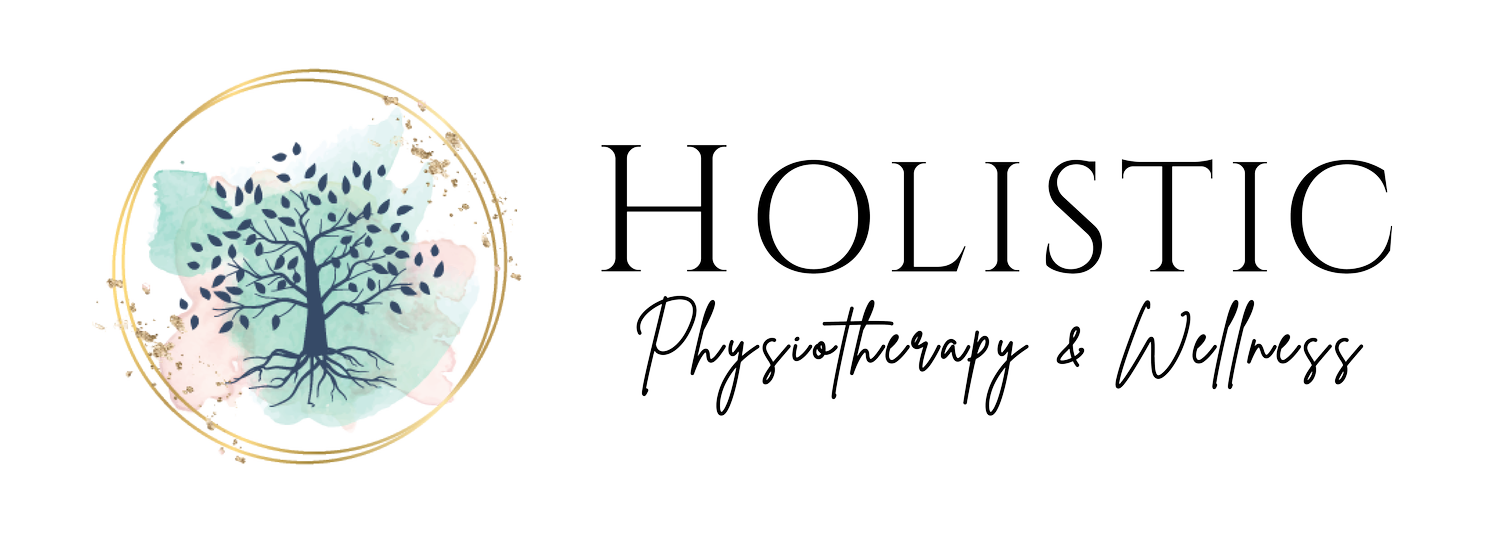The Bio-Psycho-Social Approach
Written by Kim Deschamps | Nov 29, 2019
Did you know that “health” is defined by the World Health Organization as “a state of complete physical, mental, and social well-being and not merely the absence of disease”? (1948). Many aspects of our traditional healthcare system address only the physical side of our wellbeing through a biomedical approach, which focuses solely on treating the symptoms of a disease or dysfunction. However, the biopsychosocial (BPS) model first looks for the root of the symptoms before treatment even begins. BPS practitioners do this by incorporating questions and treatment goals that also focus on a patients mental and social wellbeing in conjunction with their physical wellbeing. This gives the BPS practitioner a more complete idea of any underlying causes for your symptoms beyond what a classical biomedical practitioner might otherwise overlook.
A common question is “How will having good mental health and social support shape my path to recovery?” Consider the following example while keeping that previous question in mind: if a person has jaw pain from grinding their teeth, they may be given a mouth guard to protect their teeth. This keeps their teeth safe, but it does not stop the problem of grinding teeth. If it is discovered that the root of the cause is related to their mental health - they grind their teeth because of stress - then relaxation techniques may get rid of the root problem all together. In this example the biomedical solution to this problem would be having the patient use a mouth guard. The BPS solution would be to encourage techniques for regular stress relief to treat the root of the problem, which may alleviate other symptoms caused by that same high stress level.
A healthcare practitioner who follows the BPS model rather than the classical biomedical model is able to assess their patients in a more holistic way, allowing the use of many interdisciplinary treatment methods which can lead to find that a patient’s symptoms may be caused by a psychological root. This is done by looking at the “self” through five different dimensions or different lenses.
1. Physical - nutrition, movement, safety
2. Intellectual - desire to take control of your health
3. Psychoemotional-social - meditation and mindfulness practice
4. Energetic - gut, brain, and body
5. Spiritual - introspective analysis
Although society has begun to recognize the importance of mental health and having a social support group, there is still much more room for improvement. We at Holistic Physiotherapy and Wellness strive to seek the balance between physical, psychological, and social health and recognize the interconnectedness of these elements. We encourage our patients, colleagues, friends, and family to search for their own balance and to take care of themselves and practice self-love.
Further Readings & References:
Shelly Prosko: "Self-Care: The Dark Side" http://physioyoga.ca/self-care-the-dark-side
Ginger Garner- "Medical Therapeutic Yoga"

